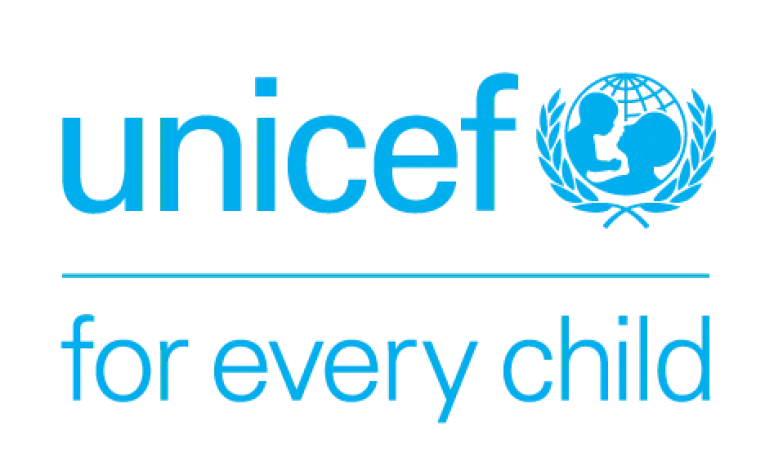As Ghana joined the global community in observing International Child Labour Day on June 12, 2025, UNICEF Ghana issued a passionate call for intensified efforts to end all forms of child labour, particularly in the face of alarming statistics and missed global targets.
According to UNICEF Ghana’s Chief of Child Protection, Lucia Soleti, the world is significantly off-track to meet Sustainable Development Goal (SDG) Target 8.7, which aims to eliminate all forms of child labour by 2025. Despite some global progress, Africa continues to struggle, with millions of children still subjected to hazardous and exploitative work environments.
“Africa is unfortunately a continent where numbers of children engaged in child labour are not yet going down,” Soleti lamented in an interview with Onua News.
Globally, an estimated 160 million children aged 5-17 are engaged in child labour, and 79 million of them are exposed to hazardous working conditions, according to data from the International Labour Organization (ILO). In Africa alone, 1 in 5 children is engaged in some form of child labour, often in agriculture, mining, domestic work, or street vending.
Soleti emphasized that while global figures have slightly dropped from 160 million to 138 million, Africa’s contribution to this progress remains marginal due to weak enforcement of child protection laws, limited access to education, and persistent poverty.
During field observations in Madina, a suburb of Accra, a 12-year-old boy from Niger shared his ordeal. Having entered Ghana just two months ago, the child now works as a shoeshine boy, earning about GHS 30 daily for a ‘master’ whose identity he fears revealing. He sleeps in a makeshift container and works long hours in unsafe conditions — a painful example of how thousands of children across Africa live and work in desperation.
UNICEF Ghana highlighted that this story is not unique. “Many children around the world, including in Ghana, are trapped in cycles of poverty, abuse, and exploitation, robbed of their education and childhood,” Soleti said.
With only months left until the end of 2025, the SDG deadline for ending child labour is likely to be missed. Soleti warned that current global efforts need to increase elevenfold for the world to be on track by 2030.
“We have missed the 2025 target. What we know now is that to meet even the 2030 deadline, countries must act 11 times faster and more efficiently,” she stated.
UNICEF is calling for stronger legal frameworks, increased collaboration between government agencies, civil society, and international organizations, as well as investment in quality education and vocational training.
“Protecting children from exploitation is not just a moral duty — it’s a prerequisite for building a just, equal, and prosperous society,” Soleti emphasized.
She also called for programs that support families economically, so that parents are less compelled to send their children to work.
The Minister for Labour, Employment and Jobs, Dr. Abdul Rashid Hassan Pelpuo, responded to concerns by reaffirming Ghana’s commitment to tackling child labour.
He admitted that Ghana’s cocoa industry is under scrutiny from European buyers due to accusations of child exploitation, warning that this could have serious implications for Ghana’s trade relationships and economic growth.
“Children belong in classrooms, not on cocoa farms or in mines,” Dr. Pelpuo declared. “We are putting measures in place to ensure that no child is exploited under our watch.”
He added that the ministry is working closely with local authorities and international partners to develop community-based solutions and enforce stricter compliance in vulnerable areas.
UNICEF Ghana believes the fight against child labour must be collective and sustained, involving governments, NGOs, schools, religious leaders, and every Ghanaian citizen.
As the world reflects on International Child Labour Day 2025, UNICEF Ghana is urging all stakeholders to renew their commitment to end child labour, protect children’s rights, and build a society where every child has the chance to learn, grow, and thrive — free from exploitation.

